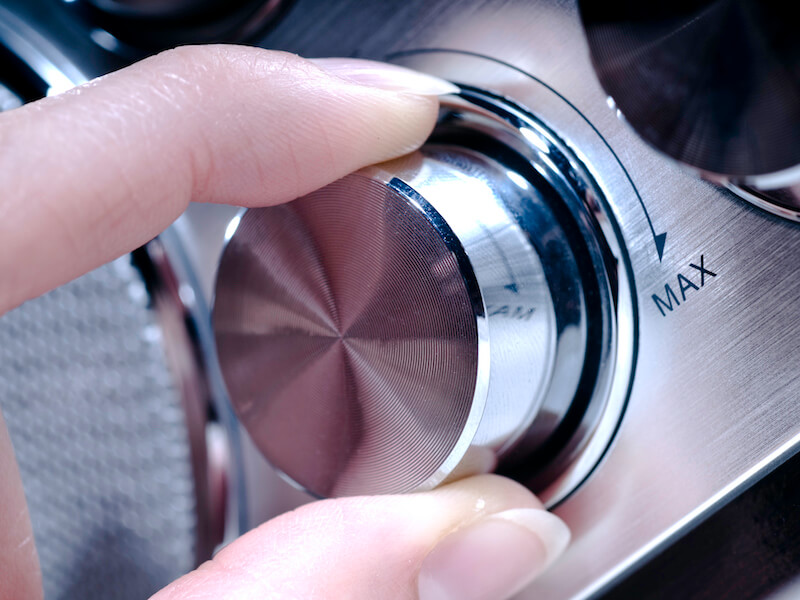
In some cases, it’s easy to know when you require medical help. You know you need to go see a doctor immediately if you break your leg, for example. You might need a splint or a cast or supportive device, but the point is that you’re not likely to try “toughing it out”. At least, not for very long (especially if you want your bones to mend themselves properly).
But when it comes to hearing aids, it’s not always so easy to know when it’s time to get some help. Hearing loss is typically a progressive condition. That means it’s not always easy to know when you may need to begin wearing hearing aids or to delay finding treatment you know could be helpful.
So watching out for signs that your hearing may be going is a good idea. It’s likely time to call us for a consultation if you do notice any.
Hearing aids and hearing loss
Hearing loss is mainly managed with hearing aids. But everyone who has some degree of hearing loss won’t necessarily need hearing aids. In situations where patients have very mild hearing loss, hearing aids won’t always be helpful. As a result, we may want you to wait before starting to use them. It’s also feasible that we could instruct you to only use your hearing aids when you’re in specific situations.
Essentially, the threshold for requiring hearing aids is not always a hearing loss diagnosis.
However, hearing aids will be the ideal solution in many situations. Many people won’t have their hearing loss diagnosed until it becomes more severe because hearing loss develops gradually and frequently goes undetected for a while. Getting your hearing assessed regularly is the key to catching hearing loss early and possibly mitigating the need for hearing aids.
And if that’s the case, you’re most likely thinking: how can I tell if I need hearing aids?
You need hearing aids if you detect these signs
Instant communication issues can be the result of hearing loss. The funny thing, though, is that you don’t always understand that those communication issues are the result of hearing loss. So, when is it time for a hearing aid?
Watch out for these indicators:
- You have a hard time following conversations in loud places: This is probably one of the most prevailing symptoms of hearing loss. If you have trouble hearing conversations in loud places, that’s often a sure sign that you have hearing loss. This happens because your ears aren’t getting as much information as they used to, and your brain isn’t really capable of filling in the gaps very easily. A lot of conversations get muddled as a result.
- You have problems understanding what people are saying: Many individuals don’t think they have hearing loss or need hearing aids because the total volume they hear seems fine. But hearing loss is curious, it tends to affect specific frequencies before others. Which means that the great majority of sounds may seem normal but things in the high frequencies (such as certain vowels) will be distorted. This could cause you to have a difficult time understanding what people are saying.
- You can’t understand people on the phone: Voices usually sound a little flat on even high-quality phone speakers. That can make it difficult to understand, especially if you have hearing loss. Again, certain frequencies are cut out and the result is that it’s very hard to understand those voices.
- The volume on your devices is getting very loud: If you’re constantly turning the volume up on your television or radio or smartphone, it may be the result of hearing loss. This is particularly true if you keep turning that volume knob higher (and even more especially relevant if the people around you complain about how loud your media is).
So what can you do?
When you break your leg, it’s obvious what to do: you go to the doctor! But what do you do when you start to detect the symptoms of hearing loss? What level of hearing loss requires hearing aids? That isn’t a very easy answer but you should schedule an appointment with us for a hearing assessment if you begin to notice any hearing loss symptoms. We’ll be able to evaluate the health of your hearing and ascertain just how serious your hearing loss may or may not be.
A hearing test will also help you get the most effective hearing aids for your needs if you do indeed need hearing aids. Then you will be able to get back to enjoying good conversations with your friends and family members and doing the things you love.
Call us for a hearing test so we can help you improve your quality of life.